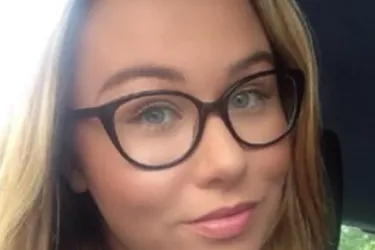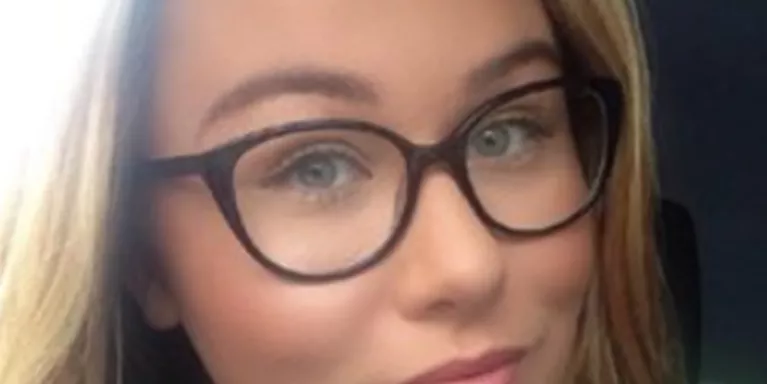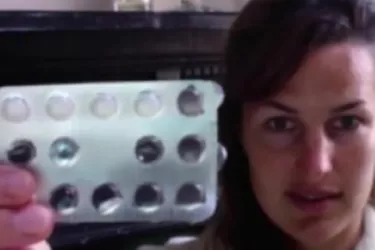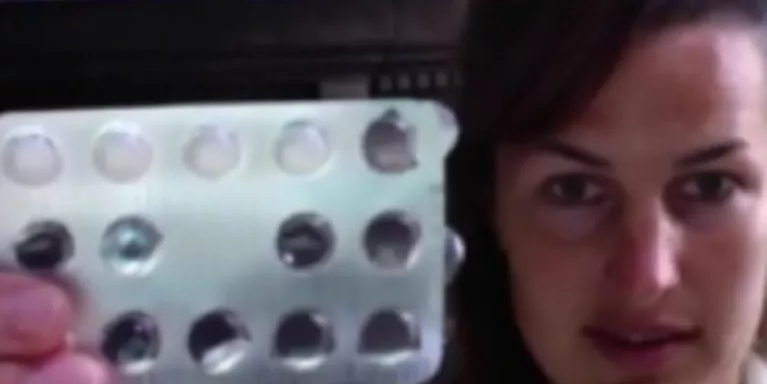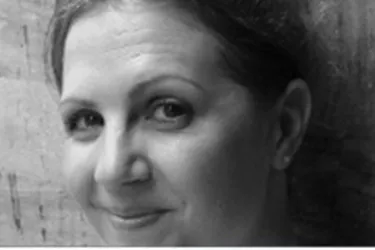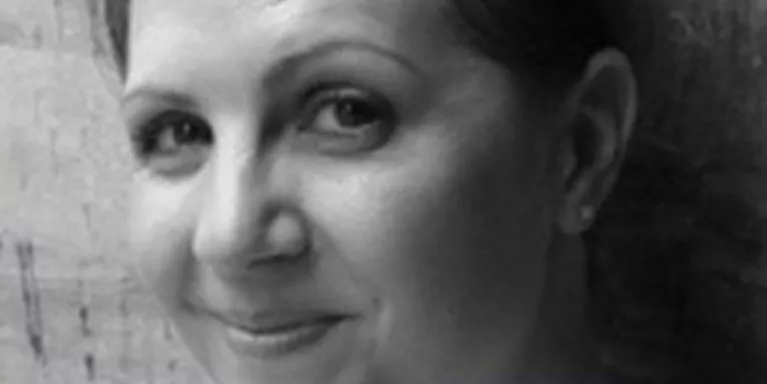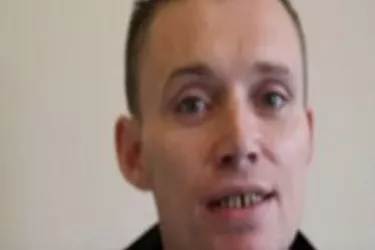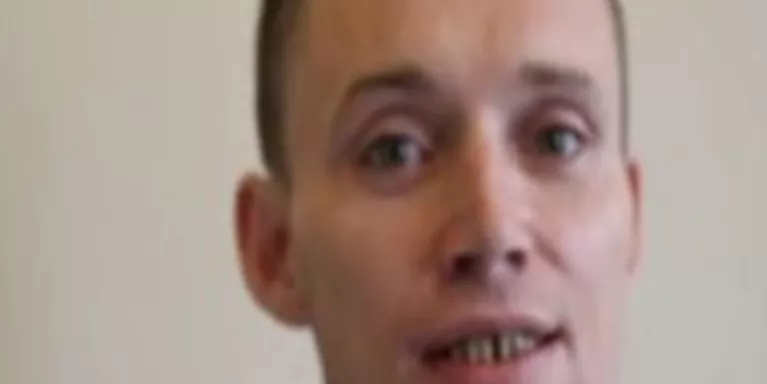How treatment helped me to live with depression and anxiety
Rachel, a member of Mind, blogs about finally accepting CBT and anti-depressants and how they helped.
Long before I was ever diagnosed with depression or anxiety, I remember certain family members telling me it was my “hormones” that were keeping me in bed for days on end, not wanting to speak to anybody. At the time, I was only 16 years old, and I remember thinking, “I’ve learnt about hormones in Biology, but nobody told me it would be THIS bad.” I look back now, and I understand that they hadn’t fully grasped the depth of my problems at that point – but at the time, I couldn’t help but think they were dismissing it because they didn’t care.
Soon enough, following advice from my auntie, I visited the GP who told me I was suffering from mild depression. I kept going back, over and over and over again, each time to be told that my depression was worsening. Tried counselling – hated it. Offered medication – refused it.
Years went by and it wasn’t until I was 24 that I decided enough was enough. I would wake up feeling overwhelmed by sheer panic and dread, and I lost count of the amount of times I thought it would be easier to take my own life than to face the day ahead. Luckily, those thoughts never materialised into action because I always thought about how disappointed my Dad would be if I went through with my suicidal thoughts.
I lost him when I was 12. He died of cancer; he was only 49. My GP and psychiatrists have told me that losing my Dad at such a young age is probably the root cause of my mental illness, but I’m not sure if I agree with them.
I’m pretty sure I came to terms with the fact he was gone when I was about 17, when I went to ring him after my first boyfriend broke up with me. Only then, 5 years after he died, did I realise that I would never see him or speak to him again.
However, I don’t think my Dad’s death is the reason I’ve suffered for so long. I can’t put my finger on where it stemmed from, because I had an extremely happy childhood. Of course, losing him was traumatic, but I was aware that it was going to happen for a long time beforehand, and although I feel like I will never get over it, I have definitely accepted it.
The days on end of lying in bed hoping the world would end and nobody would bother me again are counteracted by feelings of loneliness, hopelessness and complete loss of self worth. It’s a downward spiral – I would feel alone, and that nobody cared, but I wouldn’t reach out as I didn’t want to bother anybody.
Sometimes, I would go weeks without feeling depressed or anxious at all, only to come crashing back into the darkness as though I’d completely lost all sense of who I was. I was advised by my doctor to participate in meditation classes to balance out my mood when I was feeling particularly low.
After the umpteenth visit to my GP, he suggested CBT (Cognitive behavioural therapy)and anti-depressants. After years of refusing medication, he said to me, “Rachel – you’ve been suffering with depression for almost a decade. It’s not improving. What have you got to lose?” He had a point. If I kept visiting the doctor and then rejecting the help he offered me, what was I going to gain? How would I ever feel better?
I finally began taking anti-depressants in July 2013, and the first month was horrendous – the side effects were worse than my illness to begin with. Yet when I became used to the medication, I realised a significant shift in my mood; I felt motivated to get out of bed and go to work. I became interested in seeing my friends again. Even little things, like going into the petrol station to pay for my fuel, were no longer a daunting experience – my anxiety and depression finally weren’t running my life anymore. CBT also helped me come to terms with my staggeringly low moods and anxiety – I learnt so much from those sessions, I wish I had gone a long, long time ago.
Over the past year, I have felt the best I have since I was a teenager. I haven’t had suicidal thoughts in nearly 18 months. Of course, I have days where I feel down, but the feelings don't last for weeks or months on end like they used to. I have realised that talking to people, whether it is my boyfriend, my friends or my family, brings a great sense of relief. I’m no longer suffering in silence, trying to deny the fact that I suffer with mental health issues. The people in my life who love me simply accept it as part of who I am, and that’s exactly the point.
"Mental illness is a part of who you are, but it doesn’t define you. You are not your illness."
My advice to those who are suffering is to speak out – do all that you can to get help before you reach crisis point. Luckily, I got help when I needed it. The stigma around mental health still exists, as mental health problems aren’t visible or as widely understood as physical illnesses. Spreading awareness is a key part of helping people recover and get their lives back on track – so don’t be ashamed. Don’t wait until it’s too late. Tell somebody.
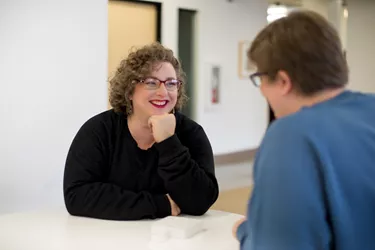

Information and support
When you’re living with a mental health problem, or supporting someone who is, having access to the right information - about a condition, treatment options, or practical issues - is vital. Visit our information pages to find out more.
Share your story with others
Blogs and stories can show that people with mental health problems are cared about, understood and listened to. We can use it to challenge the status quo and change attitudes.










